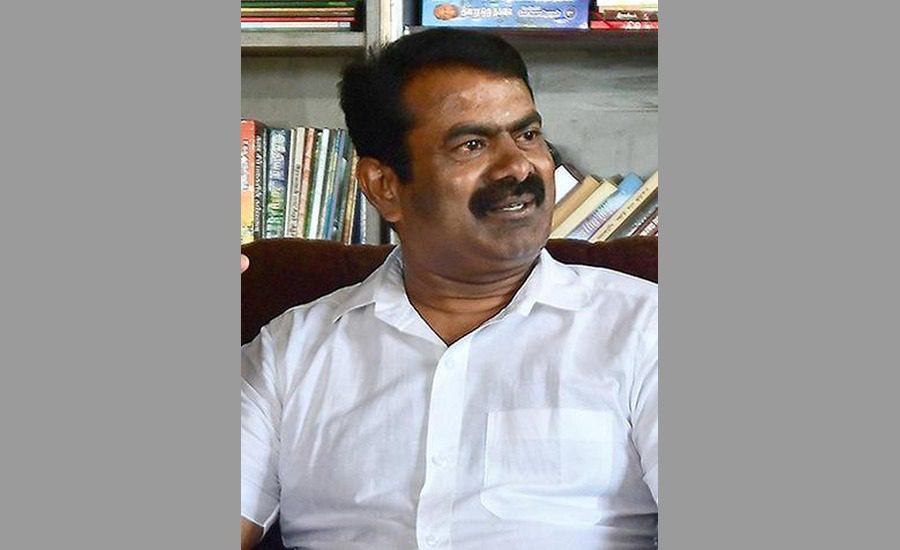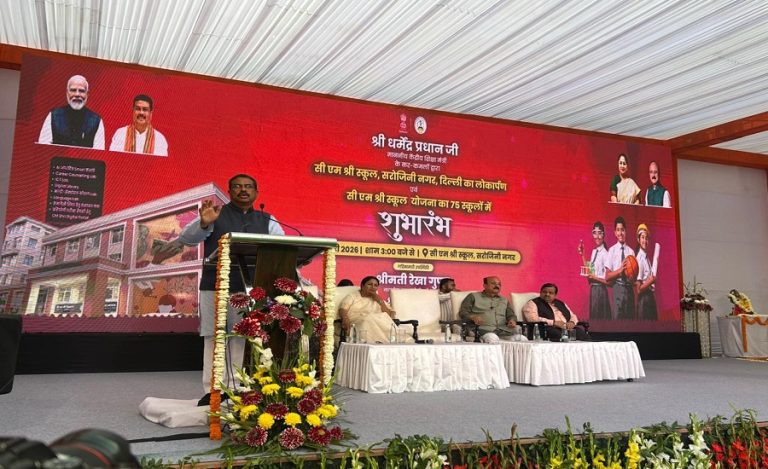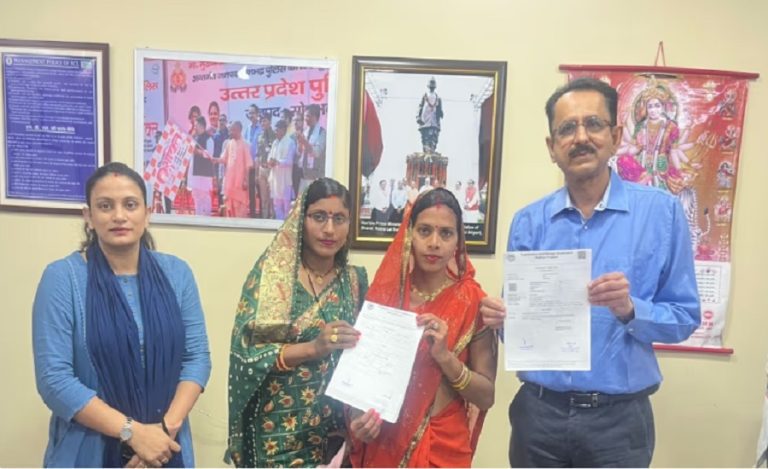Madurai: The Madurai Bench of the Madras High Court on Thursday quashed a defamation case against NTK chief Seeman, which was pending before the Judicial Magistrate Court in Tiruchy, citing procedural violations and misuse of legal process.
The order was passed by Justice L Victoria Gowri on a revision petition filed by Seeman, challenging the magistrate’s order that took cognisance of a complaint filed by IPS officer V Varun Kumar.
Court Observes Misuse of Justice System
Justice Gowri observed that the police officer had used the judicial process for personal vendetta. The judge criticized the magistrate for reversing the statutory sequence of procedures, which undermined the safeguards designed to protect the rights of the accused.
- Correct Procedure: Once a private complaint is filed, the magistrate should examine the complainant and witnesses on oath, issue notices along with the complaint and annexures, review sworn statements, and call the accused for a pre-cognisance hearing.
- Deviation in the Case: In this instance, the magistrate issued summons immediately after receiving sworn statements and only then considered objections or offered a hearing to the proposed accused, reversing the intended sequence.
Justice Gowri explained that an opportunity of hearing is a procedural safeguard to ensure that criminal law is not coercively applied prematurely, whereas a summoning order initiates the trial-stage participation, which is formal and authoritative.
Emphasis on Political Freedom and Judicial Scrutiny
The judge highlighted the delicate balance required when public officers and political figures are involved. She noted:
“When the complainant is a serving officer, and the accused a prominent opposition figure, the judiciary’s threshold scrutiny must be exacting to ensure that criminal law is not converted into an instrumentality for dampening political criticism or for project-style management of official reputation, to protect the officer’s public image. Democracy is sustained only when politicians can speak freely and bureaucrats can work fearlessly, within constitutional discipline.”
This observation underscores the judiciary’s role in preventing the misuse of criminal law for personal or political purposes and safeguarding freedom of speech and expression in a democratic framework.
Case Outcome and Next Steps
The High Court quashed the previous magistrate order, effectively setting aside the defamation proceedings against Seeman. However, the court clarified that the complainant, V Varun Kumar, can reinstitute the case, provided the statutory procedure is followed correctly.
This ruling reinforces the importance of strict adherence to procedural safeguards in criminal law, particularly in cases involving public officials and political figures, ensuring that justice is delivered without bias or misuse.
Significance of the Judgment
The verdict highlights two key principles:
- Procedural Integrity: Courts must ensure proper statutory sequence is followed to protect the rights of the accused.
- Safeguarding Democracy: Criminal law should not be misused to stifle political speech or criticism, maintaining a healthy balance between governmental authority and citizens’ constitutional rights.
The judgment is being widely regarded as a landmark in reinforcing the accountability of public officials while protecting the political freedoms essential to a democratic society.




























